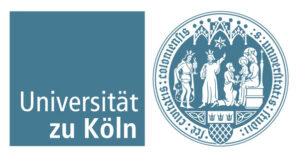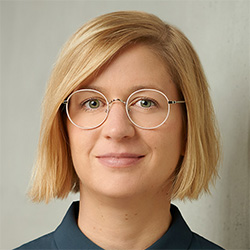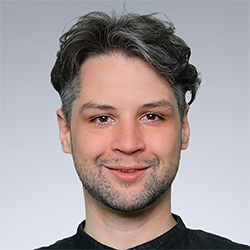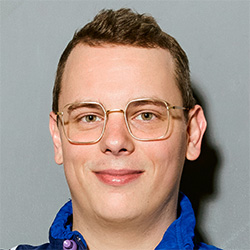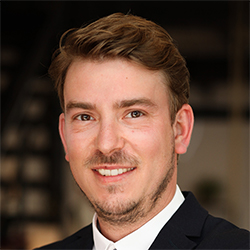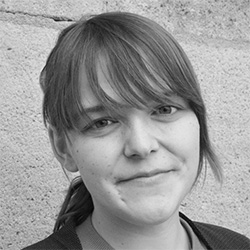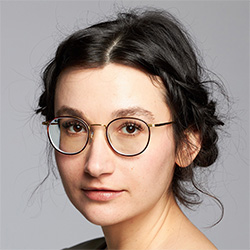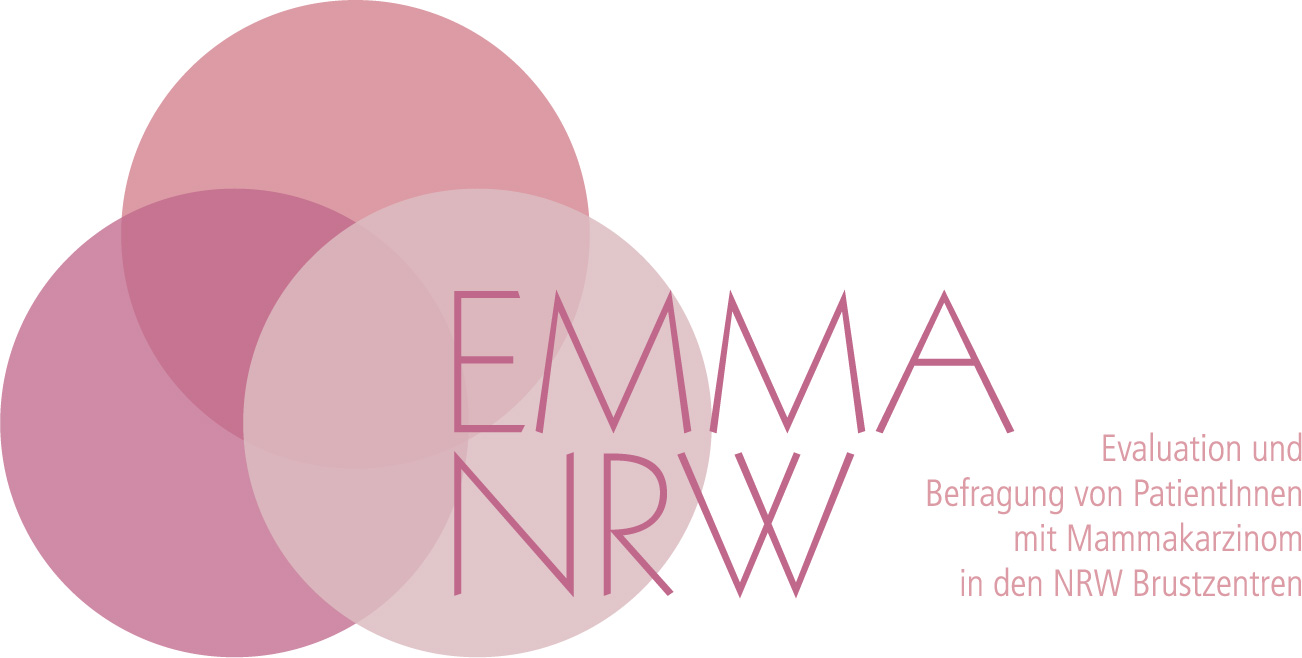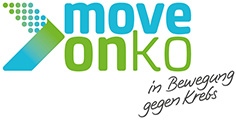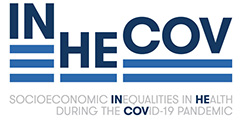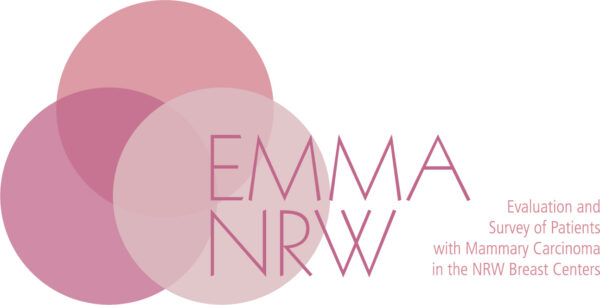Chair of Medical Sociology
Short description
The Chair of Medical Sociology was newly established at the Faculty of Medicine at the University of Cologne in February 2023 and is led by Prof. Dr. Lena Ansmann.
We examine medical sociological issues in the field of health care and conduct research at the intersection between medical sociology and health services research.
The chair is dedicated to three central areas of research:
- Research into complex environments and contexts of health care at the micro level (individual and interaction), meso level (organizations), and macro level (society). The focus is primarily on the meso level, i.e. organization-related health services research.
- Studies on the design and framework conditions of person-centered healthcare, with a particular focus on staff-patient interaction.
- Analyses of social inequalities in health care.
Our interdisciplinary team uses a broad spectrum of methodological approaches in empirical social research. Our expertise includes a variety of qualitative and quantitative methods and their integration in mixed-method designs. Our expertise also includes methods for the careful evaluation and implementation of complex interventions in healthcare. We are continuously working on the further development of methods for our areas of research. In addition, we have expertise in the application of theories related to medical sociology, organizational research, and health services research. This methodologically pluralistic and theory-based approach enables us to gain profound insights into the complex interrelationships within healthcare.
In regards to our teaching, we train students of Medicine, Health Services Research, and Health Economics at the Medical Faculty of the University of Cologne in the subject of Medical Sociology and in the cross-sectional area of Prevention and Health Promotion.
Team
Prof. Dr. Lena Ansmann
Chair of Medical Sociology
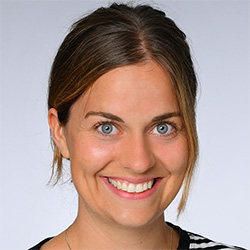
Saskia Blütgen
Research associate
Dr. Ibrahim Demirer
Research associate
Till Hansen
Research associate
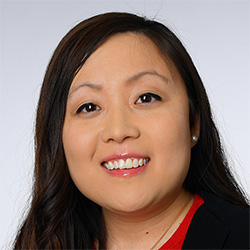
Dr. Susan Lee
Research associate
Priv. Doz. Dr. Timo-Kolja Pförtner
Research associate
Tamara Schwertel
Research associate
Dr. Anna Zinkevich
Research associate
